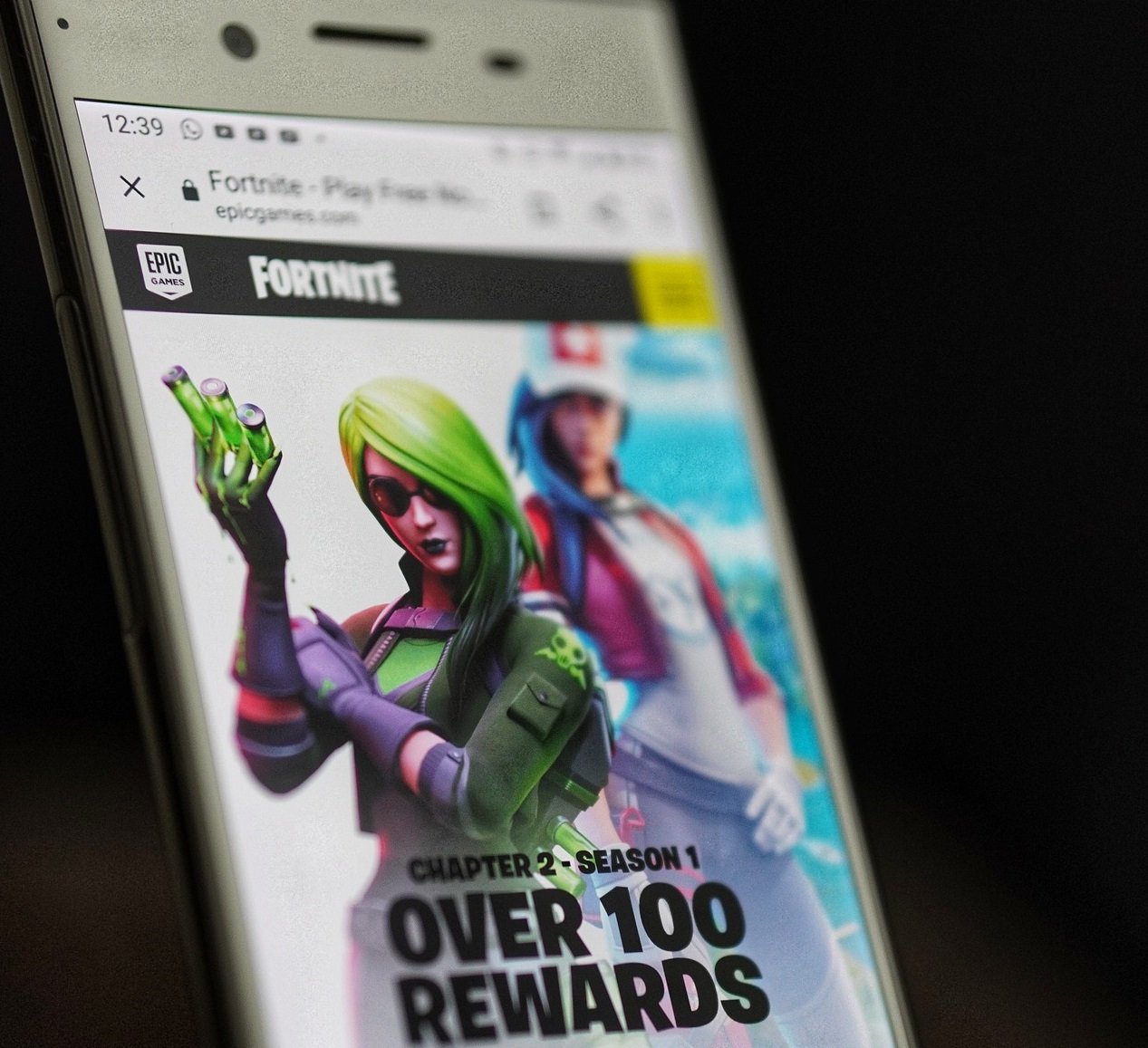SAN FRANCISCO (CN) — A federal jury Monday found that Google’s Google Play App store and its billing services are an illegal monopoly.
Epic Games sued the tech giant in 2020 after Google removed Epic’s hit game Fortnite from the Google Play Store after Epic hotfixed the game to bypass Google’s billing services. Google said this violated an agreement Epic had with Google to use its billing services for in-app purchases.
During the trial in the Northern District of California, Epic’s lawyers admitted the company broke those rules on purpose in order to prove a point and inspire others to defy Google’s rules.
“Victory over Google! After 4 weeks of detailed court testimony, the California jury found against the Google Play monopoly on all counts. The Court’s work on remedies will start in January. Thanks for everyone’s support and faith! Free Fortnite!” Epic Games CEO Tim Sweeney wrote Monday on X, formerly known as Twitter.
Jurors agreed that Google had monopoly power in the Android app distribution market and the in-app billing services market, and that Google was guilty of anticompetitive conduct that harmed Epic Games’ business.
The jury also found that Google had a coercive tie between its app store and its billing services, forcing developers to use Google billing if they wanted their apps to be on Google Play.
Jurors deliberated for less than four hours before coming to a decision late Monday afternoon.
Wilson White, Google’s vice president of government affairs and public policy said in a statement that Google intends to challenge the verdict.
“Android and Google Play provide more choice and openness than any other major mobile platform," White said. "The trial made clear that we compete fiercely with Apple and its App Store, as well as app stores on Android devices and gaming consoles. We will continue to defend the Android business model and remain deeply committed to our users, partners, and the broader Android ecosystem.”
After the verdict was read, Sweeney sported a huge grin as he patted Epic’s lead attorney, Gary Bornstein, on the back. He shook hands with every member of both legal teams, and thanked Google lead attorney Glenn Pomerantz for his professionalism during the proceedings.
Epic mostly lost a similar trial against Apple in 2021. That case is currently before the Supreme Court.
The Monday verdict closes the trial, which kicked off in early November. Epic did not seek any monetary damages in the trial, but instead asked the court to order Google to allow developers total freedom to introduce their own app store and billing services on the Android platform.
U.S. District Judge James Donato will determine whether Epic will get what it seeks. Earlier in the trial, Donato said that he would not grant an anti-circumvention provision that Epic wanted if it won. The provision would have stopped Google from repeating the monopoly through a loophole or any other “alternate solution,” according to Bornstein.
The verdict will likely cause a seismic shift on the Android platform. Google Play is the largest app store in the world by number of downloads and apps, and it accounts for roughly half of all app downloads in the world.
During closing arguments Monday, Bornstein asked the jury to ponder the “conduct and power” of Google. Google’s power, he said, “comes from its control of Android. Google is the only choice for a smartphone that needs an operating system,” because Apple does not sell its iPhone operating system to original equipment manufacturers like Google does.
“To be anticompetitive, the competition doesn’t have to be blocked entirely, it just has to be impaired. And the trial has shone a very bright light on what Google has done; bribe and block,” Bornstein said.
Bornstein ended his remarks by bringing up destroyed chat logs from Google employees. He said Google directed its employees to destroy these logs to hide evidence of wrongdoing.
“As damning as the evidence is that we do have, the documents they deleted would have been even more damning,” Bornstein told the jury.
Donato said during the trial that the jury could infer that what was deleted could be unfavorable to Google’s case.
Google attorney Johnathan Kravis, in his closing remarks, said that the case was all about money.
Epic is seeking “a deal that would effectively allow them to use the Play Store for free,” Kravis said.
Even though Epic did not seek monetary damages, Sweeney acknowledged during that trial that Epic would likely pocket billions of dollars if permitted to avoid paying Google’s 30% fee.
The litigation originally included Match Group, which owns dating app Tinder, and the federal government. Both settled before trial.
Subscribe to Closing Arguments
Sign up for new weekly newsletter Closing Arguments to get the latest about ongoing trials, major litigation and hot cases and rulings in courthouses around the U.S. and the world.









